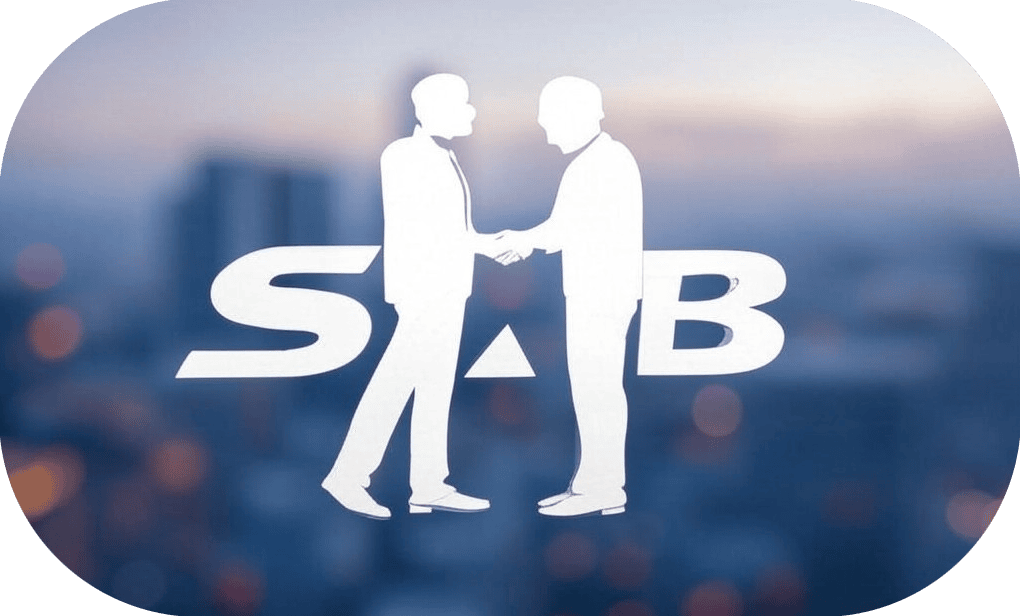
Congratulations—you’ve made it through due diligence, and now you’re approaching the finish line of selling your staffing agency! The closing process is the final phase of the sale, where all the hard work comes together to finalize the deal and transfer ownership to the buyer. At Staffing Agency Broker (SAB), we’ve guide sellers and buyers through this critical stage, ensuring a seamless transition while protecting their interests. In this post, we’ll walk you through what to expect during the closing process, provide a practical closing checklist, and explain how ownership is transferred, so you can close with confidence.
What to Expect During the Closing Process
The closing process is where the deal is finalized, and ownership of your staffing agency officially changes hands. This phase typically takes 1-2 weeks after due diligence is complete, though it can vary depending on the complexity of the transaction. Here’s a breakdown of the key steps:
- Finalizing Agreements: After due diligence, the buyer and seller finalize the purchase agreement, which outlines the terms of the sale, including the purchase price, payment structure (e.g., lump sum or installments), and any contingencies. Other agreements, such as non-compete clauses or consulting agreements (if you’re staying on temporarily), are also finalized.
- Securing Financing: If the buyer is using financing, this is when they secure the funds. For example, a buyer purchasing a staffing agency for $5M might finalize a bank loan or investor funding. As the seller, you’ll want to confirm that the buyer’s financing is in place to avoid last-minute delays.
- Regulatory Approvals and Licenses: Depending on your staffing agency’s focus (e.g., healthcare or IT staffing), you may need to transfer licenses or obtain regulatory approvals. For instance, if your agency places nurses, the buyer may need to update state licensing boards with new ownership details.
- Closing Meeting: The closing meeting is where all parties—seller, buyer, brokers, and attorneys—come together (in person or virtually) to sign the final documents and exchange funds. This is often the most exciting part, as it marks the official transfer of ownership.
- Post-Closing Obligations: After the closing, there may be a transition period where you assist the buyer with operations, such as introducing them to key clients or training them on your applicant tracking system (ATS). These obligations are typically outlined in the purchase agreement.
Your Closing Checklist: Be Prepared
A well-organized closing ensures that nothing slips through the cracks. Here’s a practical checklist to help you prepare for the big day:
- Review and Sign Final Agreements: Work with your attorney to review the purchase agreement, non-compete clauses, and any other contracts. Ensure all terms align with what was negotiated, such as the $500K earnout based on your agency’s performance over the next 12 months.
- Confirm Buyer’s Funding: Verify that the buyer has secured their financing or has the funds ready to transfer. If the buyer is paying $3M upfront for your tech-focused staffing agency, request proof of funds to avoid surprises.
- Transfer Licenses and Permits: Ensure all necessary licenses, such as those for healthcare staffing placements, are transferred to the buyer. For example, if your agency operates in multiple states, confirm that the buyer is registered with each state’s labor department.
- Prepare Client and Employee Notifications: Draft announcements to inform your clients and employees about the ownership change. Highlight the benefits of the transition, such as the buyer’s expertise in scaling staffing operations, to maintain trust. Be ready to send these out immediately after closing.
- Organize Operational Handover: Compile a detailed handover package, including access to your ATS, CRM, vendor contracts, and operational workflows. For instance, if your agency uses a proprietary candidate screening process, provide documentation and training to ensure a smooth transition.
- Settle Outstanding Liabilities: Pay off any remaining debts, such as vendor invoices or payroll taxes, to deliver a clean business to the buyer. For example, if your agency has a $50K outstanding lease for office equipment, settle it before closing to avoid disputes.
- Plan for Post-Closing Support: If you’ve agreed to a transition period, outline your role and availability. For example, you might commit to 20 hours per week for 60 days to help the buyer onboard key clients like a major healthcare system.
By following this checklist, you’ll minimize delays and ensure a seamless closing.
Transfer of Ownership: Making It Official
The transfer of ownership is the moment when your staffing agency officially becomes the buyer’s. This process involves several key actions:
- Signing the Bill of Sale: The bill of sale is a legal document that transfers ownership of your business’s assets, such as client contracts, employee records, and technology systems, to the buyer. Both parties sign this during the closing meeting.
- Transferring Digital Assets: Provide the buyer with access to digital assets, such as your website, social media accounts, and software systems. For example, if your agency uses Bullhorn as its ATS, you’ll need to transfer admin access to the buyer.
- Updating Legal Entities: If your agency operates as an LLC or corporation, update the business’s legal registration with the new owner’s information. This may involve filing paperwork with your state’s secretary of state.
- Notifying Stakeholders: After the closing, inform your clients, employees, and vendors about the change in ownership. For instance, if your agency has a long-term contract with a tech firm, reassure them that the buyer will maintain the same level of service.
- Handing Over Physical Assets: If your agency has physical assets, such as office furniture or company vehicles, transfer these to the buyer. Ensure all assets are accounted for in the purchase agreement to avoid disputes.
A smooth transfer of ownership sets the buyer up for success and ensures you can step away with peace of mind.
Why a Smooth Closing Matters
A well-executed closing not only finalizes the sale but also protects your reputation and relationships. For example, a seamless transition can maintain client confidence, ensuring that your top client—a hospital system contributing 25% of your revenue—continues their contract with the new owner. It also minimizes the risk of post-closing disputes, such as disagreements over earnout payments, allowing you to move on to your next chapter.
Ready to Close Your Deal? The Market Is Hot!
The staffing industry continues to thrive, with U.S. revenue projected to reach $150 billion in 2025, according to Staffing Industry Analysts. At SAB, we have a database of active buyers eager to acquire staffing agencies. Now is the perfect time to close your deal and capitalize on this demand. Don’t let the closing process hold you back—SAB is here to guide you every step of the way.
Close with confidence Contact SAB today to learn how we can support you through the final stages of your sale. Reach out to schedule a confidential consultation. Contact Us.
